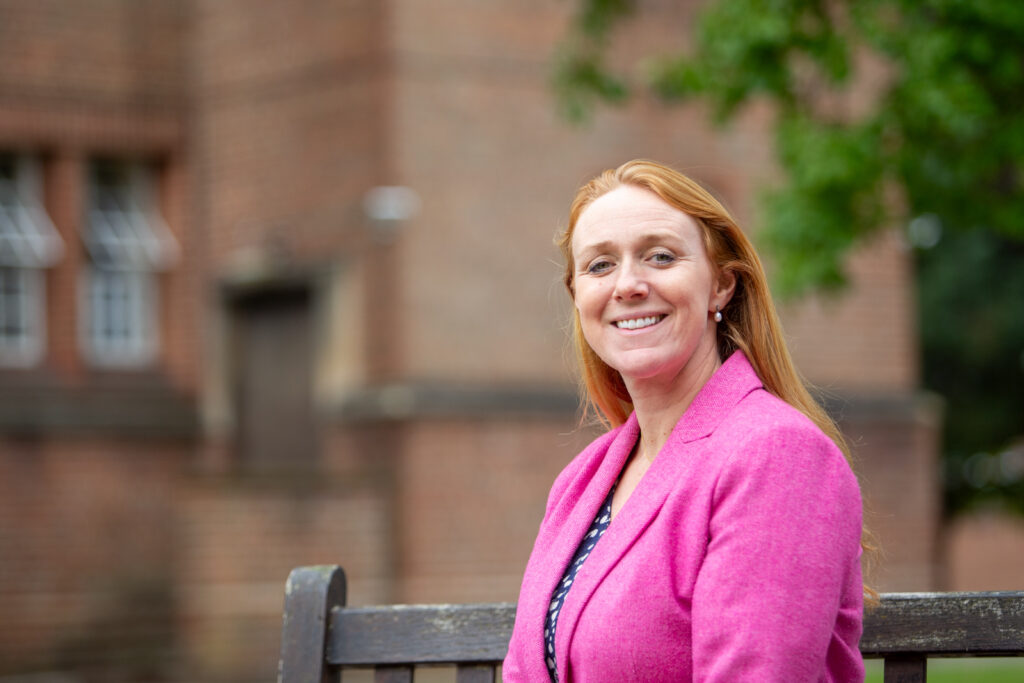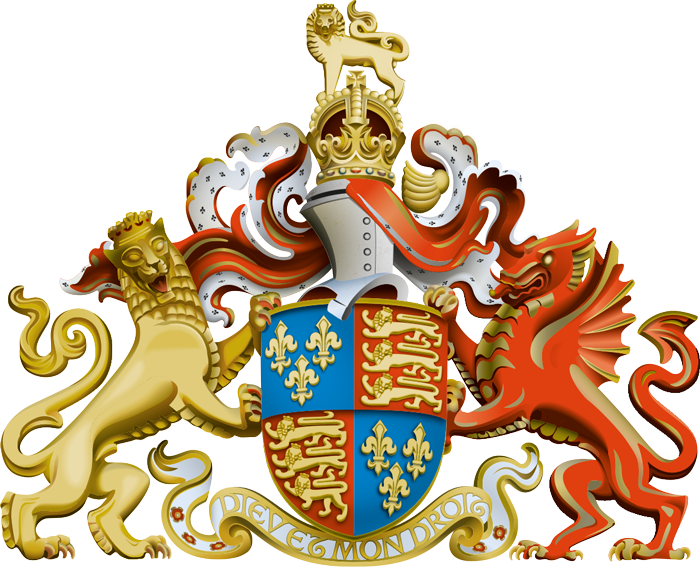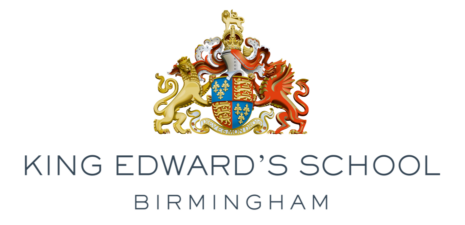Environmental Systems and Societies

The Environmental Systems and Societies (ESS) department aims to equip students with a detailed understanding of the environmental issues of the 21st century from both a scientific and a human perspective.
It is an interdisciplinary subject, bespoke to the IB, that can only be taken at Standard Level. The vision of the department is closely aligned with the IB learner values.
Students will learn to evaluate actions taken to tackle environmental issues based upon underlying value systems: ecocentrism, anthropocentrism and technocentrism.
Tackling climate change, habitat loss, pollution, soil degradation and water scarcity are challenges facing all of humanity and these threats are shaping political decisions and legislation that affect all of our lives. We aim to provide students with the knowledge and tools so that they can evaluate lifestyle and policy decisions that try to tackle these environmental issues.
IB
Environmental Systems and Societies is a two year course that can only be taken as a Standard Level option. It is an interdisciplinary subject which can count as an option choice in either Individuals and Societies (Group 3 of the IB Diploma) or the Sciences (Group 4 of the IB Diploma).
Students study eight units which are assessed by a final examination and complete an internal assessment (IA) project on a topic of their choice. The topics we study are:
- Topic 1 – The Foundations of ESS
- Topic 2 – Ecosystems and Ecology
- Topic 3 – Biodiversity and Conservation
- Topic 4 – Water and Aquatic Food Production Systems
- Topic 5 – Soil and Terrestrial Food Production Systems
- Topic 6 – Atmospheric Systems and Societies
- Topic 7 – Climate Change and Energy Production
- Topic 8 – Human Systems and Resource Use
Future careers
“Among the greatest challenges we face are the prevention of further harm to the environment from human activity and the reversal of the damage already done. Input is required from the whole of society, including the scientific, political, financial, legal, industrial, environmental, sustainability and development sectors. Harnessing the energy, creativity and expertise of young people is essential.
I am hugely encouraged to find that KES offers the Environmental Systems and Societies IB course, which provides an introduction to this vital subject. I hope it will also inspire students to explore career opportunities in this fast-developing area and become part of the solution.”
Jo Welsh
Environmental Lawyer, Environment Agency Climate Change Team
Beyond the classroom
We make the most of fieldwork opportunities to support student learning in ESS. For example we visited the Knepp Estate in Surrey for a guided tour to learn about their rewilding projects. Every year students undertake local field work at the Waseley Hills Country Park to learn techniques for measuring different aspects of ecosystems.
In 2023, all ESS Year 12 students participated in the Schools Climate Change Assembly (SCA) at King Edward VI Camp Hill School for Girls and King Edward VI Camp Hill School for Boys in Birmingham. The SCA brought together Year 10 – 13s from across the UK for a day of workshops, talks and activities to give young people the confidence and resources to tackle the climate crisis in their schools and wider community. Students experienced a series of talks and interactive sessions from some of the leading lights of the climate movement including BBC TV presenter Chris Packham, Hamza Yassin (Countryfile Star), Dr Matt Winning (Climate Scientist and TedX speaker), Miriam Turner (CEO, Friends of the Earth) and young climate activists from Birmingham.
Meet the Head of Department
Mrs Charlesworth-Jones
Mrs Charlesworth-Jones took over as Head of Environmental Systems and Societies in 2021 and really enjoys teaching this highly topical, interdisciplinary course. She has taught Geography at King Edward’s School since 2010 and has been Head of Gifford House since 2013. She found it rewarding to take on the challenge of teaching an entirely new IB subject.
During her undergraduate degree in Geography at St Catharine’s College, Cambridge, she took papers in Sustainable Development and the Social Engagement with Nature, and knowledge of these subject areas proved very useful when preparing to teach ESS.








